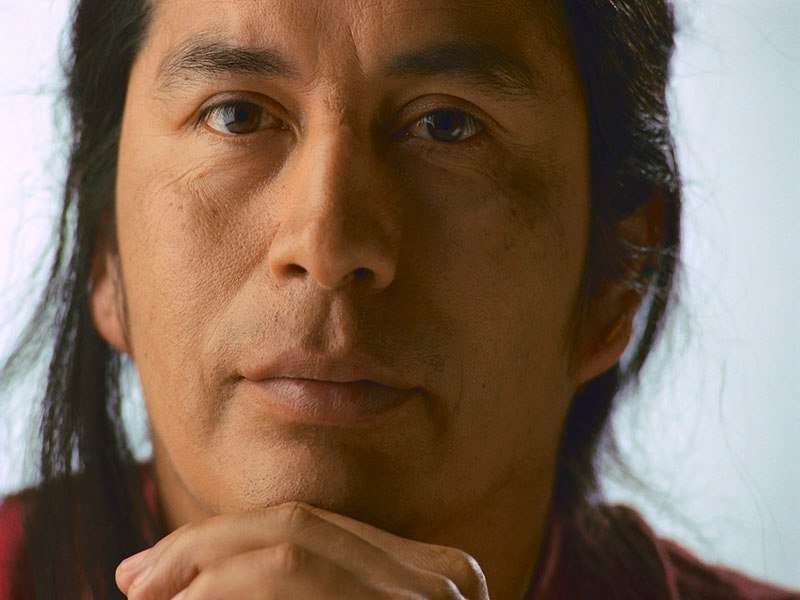(HealthDay)—Expanding home-based primary care (HBPC) to American Indian reservations and other rural communities increases access to long-term care and enrollment for health care benefits within the Veterans Affairs (VA) system, according to a study published online March 12 in the Journal of the American Geriatrics Society.
B. Josea Kramer, Ph.D., from the Veterans Affairs Greater Los Angeles Healthcare System, and colleagues used linked VA, Medicare, and Indian Health Service (IHS) records in order to assess how expansion of an HBPC program to underserved rural communities (88 IHS beneficiaries, 288 non-IHS beneficiaries) changed access to VA long-term care benefits and utilization outcomes for rural populations.
The researchers found that for HBPC users, VA enrollment increased by 22 percent. Almost one-third of IHS and non-IHS beneficiaries (30 percent) at baseline had at least two activities of daily living impairments. Overall, in the 90 days after HBPC admission, hospital admissions and emergency department visits decreased significantly. These decreases were maintained over one-year follow-up. Before HBPC enrollment, probability of hospital admission was 12 percent lower for IHS versus non-IHS beneficiaries.
"Introducing HBPC to rural areas increased access to long-term care and enrollment for health care benefits, with equitable outcomes in IHS and non-IHS populations," the authors write.
More information: Abstract/Full Text (subscription or payment may be required)
Journal information: Journal of the American Geriatrics Society
Copyright © 2018 HealthDay. All rights reserved.























